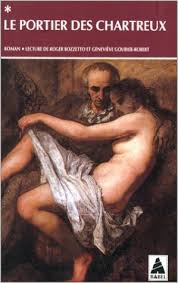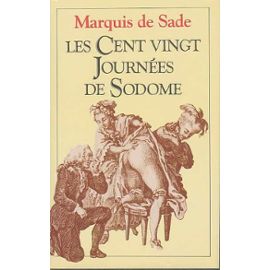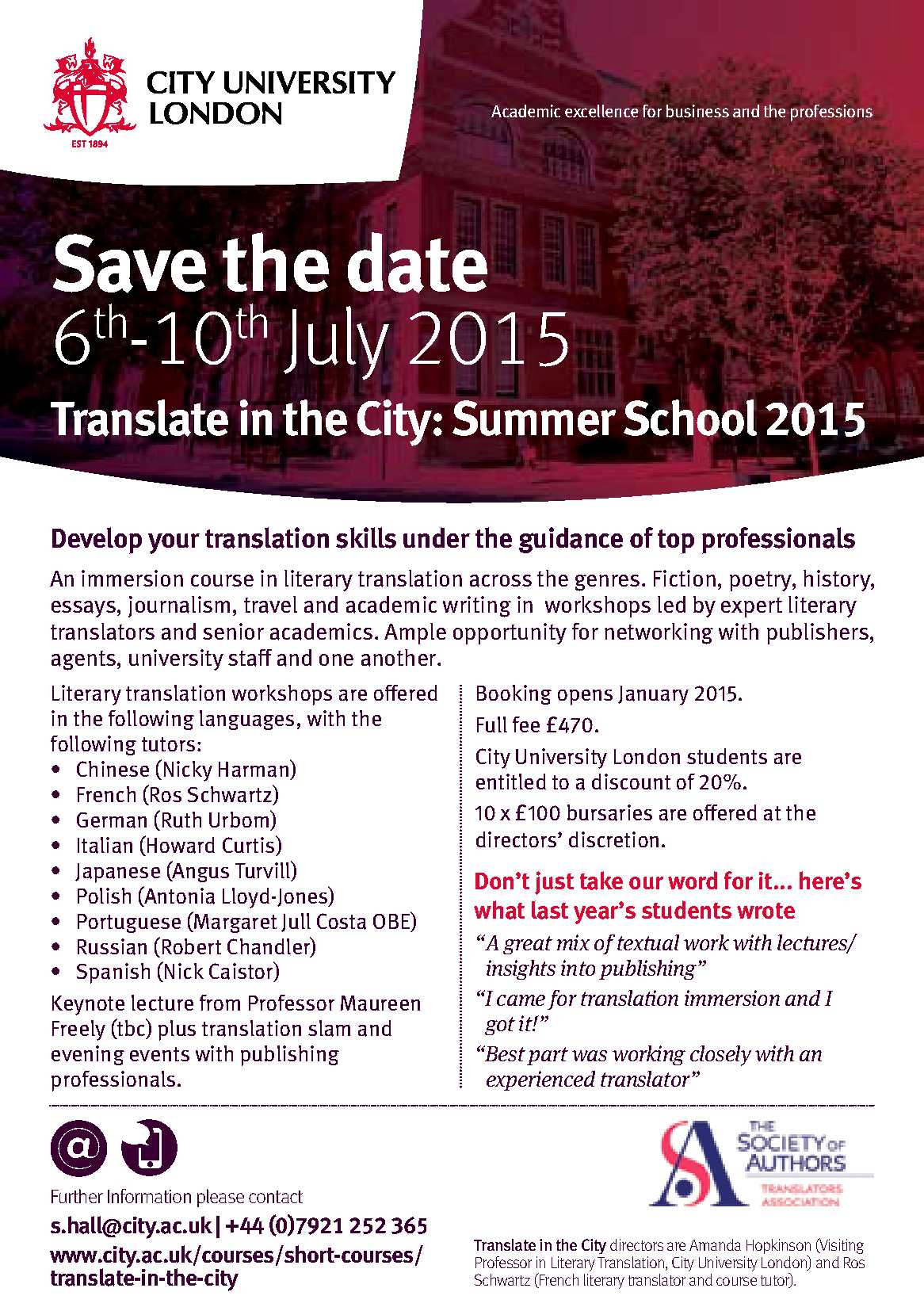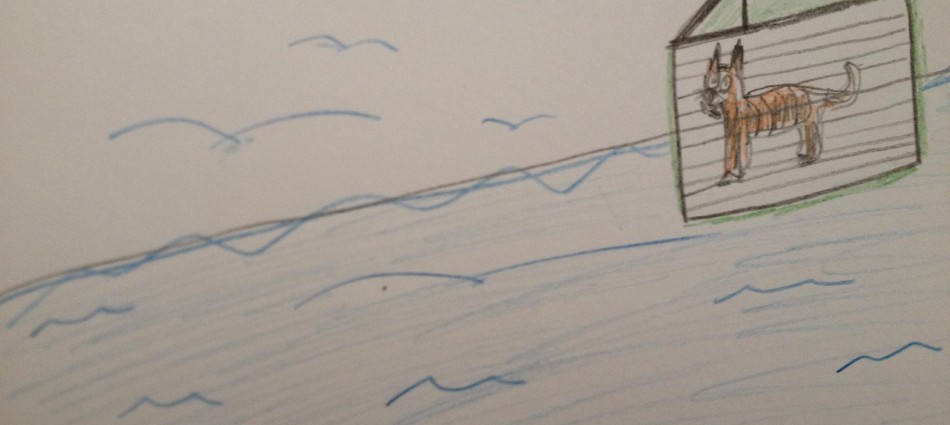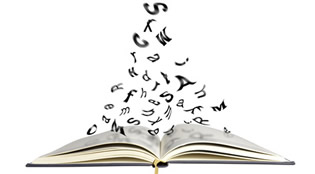Spotlight on Literary Translators is a regular feature here at Intralingo. The aim of these interviews is to get the word out about our profession and the works we bring into other languages. The insight the interviewees provide is also sure to help all of us who are aspiring or established literary translators. Enjoy!
Spotlight on Literary Translator Charlotte Coombe
By Lisa Carter, Intralingo Inc.
Lisa Carter: What language(s) and genres do you translate?
Charlotte Coombe: I translate from French and Spanish into my mother tongue, English. I suppose I am open to any genre, and have translated a few works of fiction, children’s fiction and some poetry. I have a particular interest in literature by women writers, not least because I think they tend to be under-represented in translated fiction. #readwomen
LC: How did you get started as a literary translator?
CC: I have been freelancing since 2008 as a translator, reviser and proof-reader, translating in various fields, but increasingly with a focus on more creative fields, literature and the arts. I always knew I wanted to translate literature, from the moment I set out on my translation career. I was a member of the ETN and other networks from quite early on, as I started to try and understand the literary translation industry and how to find opportunities within it, while honing my translation skills by studying for the IoL Diploma in Translation (which I passed with a merit in Literature).
 A chance encounter with a publisher at the London Book Fair led to me translating my first couple of children’s books, and after that, while still doing commercial translation, I pursued my dream of becoming a literary translator through relentless networking, researching new books in my source languages and contacting agencies and publishers. Like so many translators, I started doing some reader’s reports for publishers, and then finally got the opportunity to translate my first full length fiction work throughPontas Agency, and then my second. Since then I have translated a few more fiction and non-fiction works, one for a self-published author, one non-fiction eBook and a co-translation for Cahiers du Cinema’s Anatomy of an Actorseries. I now have the confidence and the means to find books I am interested in, as well as a growing network of publishing contacts to pitch those potential books to. The whole way the industry works is something that took me a long time to get to grips with, as it is quite a daunting industry for beginners, what with so many talented and experienced literary translators around, as well as so many ‘ways in’ for translators. I now see that the translator plays many roles: they are not only responsible for translating, but also for discovering new books, making publishers aware of them, persuading them to commission translations, and promoting translated fiction and the visibility of the translator, among many other things. Translation opportunities do not tend to land in your lap – you have to put in the groundwork.
A chance encounter with a publisher at the London Book Fair led to me translating my first couple of children’s books, and after that, while still doing commercial translation, I pursued my dream of becoming a literary translator through relentless networking, researching new books in my source languages and contacting agencies and publishers. Like so many translators, I started doing some reader’s reports for publishers, and then finally got the opportunity to translate my first full length fiction work throughPontas Agency, and then my second. Since then I have translated a few more fiction and non-fiction works, one for a self-published author, one non-fiction eBook and a co-translation for Cahiers du Cinema’s Anatomy of an Actorseries. I now have the confidence and the means to find books I am interested in, as well as a growing network of publishing contacts to pitch those potential books to. The whole way the industry works is something that took me a long time to get to grips with, as it is quite a daunting industry for beginners, what with so many talented and experienced literary translators around, as well as so many ‘ways in’ for translators. I now see that the translator plays many roles: they are not only responsible for translating, but also for discovering new books, making publishers aware of them, persuading them to commission translations, and promoting translated fiction and the visibility of the translator, among many other things. Translation opportunities do not tend to land in your lap – you have to put in the groundwork.
For emerging translators, (of which I still consider myself one), I cannot stress enough the importance of joining associations (ITI, IoL, Translators Association) and networks and attending events like LBF with its wonderful Literary Translation Centre. Without these, I would not be in the position I am in now. It is not just about ‘who you know’, although contacts do help. It is about putting yourself forward for opportunities, and proving you are the best person for the translation – even if they don’t know it yet! With my first book, for example, the agency told me they had already found a translator. Most people might have given up at that point, but as I liked the book so much, I let my enthusiasm get the better of me. I wrote back, persuading them to let me send them a sample anyway and then to see whose sample they liked best. In the end, the author much preferred mine and I got the contract. So it definitely pays to be a bit ‘go-getting’ in this business, especially when you feel strongly about a book. You can feel it, you know when you are going to be able to do a great translation – you definitely have to love the text you are working on, otherwise it tends to be struggle, and that will show in your translation.
LC: What do you love most and least about this work?
 CC: What I love: Playing around with words. Creating. Searching for the perfect phrasing. The variety of subject matters that a novel can bring up (it is strange what you find yourself researching – a literary translator’s internet browsing history must make for very bizarre reading!). That moment when you find the author’s voice or when that devilishly difficult paragraph finally clicks into place. The joy of bringing a text to an English readership; knowing that people will get to read a story that they might otherwise never have had access to. I love being that invisible bridge between languages and cultures (although of course, I would like literary translators to become a bit more visible in the publishing process, and am keen to campaign for this). Seeing your words in print (the smell of a new book is always incredible, even more so when the words inside are yours). I love it when an author tells you how happy they are with the result, with seeing their novel ‘reborn’ in another language. When a translation flows out of you effortlessly, when you have found the voice, got inside the author’s head and manage to transfer their tone to your text in English, that is what I love most. I love the fact that literary translation is a learning curve; as the years go by, I will always be improving and developing my translation skills. It is an endlessly diverse profession, in that sense, in terms of the things you end up researching, taking you into worlds you might never have known about otherwise.
CC: What I love: Playing around with words. Creating. Searching for the perfect phrasing. The variety of subject matters that a novel can bring up (it is strange what you find yourself researching – a literary translator’s internet browsing history must make for very bizarre reading!). That moment when you find the author’s voice or when that devilishly difficult paragraph finally clicks into place. The joy of bringing a text to an English readership; knowing that people will get to read a story that they might otherwise never have had access to. I love being that invisible bridge between languages and cultures (although of course, I would like literary translators to become a bit more visible in the publishing process, and am keen to campaign for this). Seeing your words in print (the smell of a new book is always incredible, even more so when the words inside are yours). I love it when an author tells you how happy they are with the result, with seeing their novel ‘reborn’ in another language. When a translation flows out of you effortlessly, when you have found the voice, got inside the author’s head and manage to transfer their tone to your text in English, that is what I love most. I love the fact that literary translation is a learning curve; as the years go by, I will always be improving and developing my translation skills. It is an endlessly diverse profession, in that sense, in terms of the things you end up researching, taking you into worlds you might never have known about otherwise.
Of course, literary translation is endlessly challenging and frustrating. You could spend hours re-writing one line, or one paragraph. I find that I never feel completely satisfied with a translation, and this is evident especially when you go back to read something you translated a couple of years ago – I try to avoid reading old translations, as you always see things that you would do differently, with the benefit of hindsight. You have to keep in mind that there are countless different ways to translate most texts. Eventually, as a translator you have to make a choice, over one word, or one phrase and run with it. Or you will go mad. When you do find your way to a translation that clicks, and that you feel pleased with, that really is the best feeling in the world. Those days when nothing seems to click, those are the dark times.
Another thing that irks me about literary translation as a profession is the vast lack of acknowledgement of the work that translators do: crediting the translator, and making them visible. Often, translators are not named on the cover of a book and are not mentioned in promotional material. They should be named whenever the author is, in my opinion. It is something that all literary translators feel strongly about and many of us are working to improve, either directly through means such as the #namethetranslator Twitter campaign, or through general nudging, cajoling or telling off of publishers, writers, reviewers, online magazines and anyone who will listen, whenever we get the chance. Sometimes, readers are not even aware that they are reading translated fiction, and this needs to change. Publishers should be making sure that they credit translators properly and clearly for their work, increasing the visibility and importance of translators in the publishing industry.
LC: Can you tell us a little about a recent project?
 CC: I am currently working on the English translation of Abnousse Shalmani’s fascinating first book, Khomeiny, Sade et Moi, for the publishing house World Editions (the English language imprint of De Geus) who publish world literature and non-fiction with an emphasis on translations from Dutch and international literature. The translation will be finished by the end of the year and published in 2016. Iranian-born French journalist Abnousse Shalmani bares all in her book, from rebelling against the regime by getting naked in the playground as a six-year old girl, to the challenges of learning how to live as an exiled Iranian with her family in her new homeland of France, via her discovery of nudity, her sexual awakening and the freedom that comes with reading the libertine literature of French 19th-century writers such as the Marquis de Sade… It is the story of one woman’s search for freedom from oppression in all facets of her life and it is recounted with fiery conviction and humour. Each chapter of the book takes the reader back and forth between her life in Paris and her childhood in 1980s Tehran, moving gradually through time, and unveiling her views on issues of feminism, (especially the oppression of women’s bodies, which is her main focus) freedom, politics, religion, ignorance, identity, exile and integration. I am incredibly honoured to be translating this book, by such an interesting and bold female writer – she is intelligent, unabashed and funny, to boot – although I feel that by the time I have finished translating this book, my bookshelves are going to be full of erotic 18th-century French libertine literature. People might start to wonder! The book has been granted a PEN Translates award 2015, along with a host of other international women writers, which is excellent news for the author, the publisher, et moi!
CC: I am currently working on the English translation of Abnousse Shalmani’s fascinating first book, Khomeiny, Sade et Moi, for the publishing house World Editions (the English language imprint of De Geus) who publish world literature and non-fiction with an emphasis on translations from Dutch and international literature. The translation will be finished by the end of the year and published in 2016. Iranian-born French journalist Abnousse Shalmani bares all in her book, from rebelling against the regime by getting naked in the playground as a six-year old girl, to the challenges of learning how to live as an exiled Iranian with her family in her new homeland of France, via her discovery of nudity, her sexual awakening and the freedom that comes with reading the libertine literature of French 19th-century writers such as the Marquis de Sade… It is the story of one woman’s search for freedom from oppression in all facets of her life and it is recounted with fiery conviction and humour. Each chapter of the book takes the reader back and forth between her life in Paris and her childhood in 1980s Tehran, moving gradually through time, and unveiling her views on issues of feminism, (especially the oppression of women’s bodies, which is her main focus) freedom, politics, religion, ignorance, identity, exile and integration. I am incredibly honoured to be translating this book, by such an interesting and bold female writer – she is intelligent, unabashed and funny, to boot – although I feel that by the time I have finished translating this book, my bookshelves are going to be full of erotic 18th-century French libertine literature. People might start to wonder! The book has been granted a PEN Translates award 2015, along with a host of other international women writers, which is excellent news for the author, the publisher, et moi!
As I spend most of the year here in Marrakesh, I am also exploring new Moroccan literature in French, trying to uncover new gems and bring interesting new writing to a wider audience. I feel that now would be a good time to translate a Moroccan author, as I am immersed in the culture of the country.
Finally, on the subject being an Anglophone literary translator living abroad, I must briefly mention the Translators Association Diaspora, which I have been helping to set up this year with my colleague Jamie Searle Romanelli, who succinctly explains it at the end of her Spotlight piece here. Please get in touch on Facebook or Twitter if you are interested in joining!

Charlotte Coombe is a British literary translator, currently living in Marrakesh with her husband and a fluctuating numbers of cats. She translates literature, poetry and other creative texts from French and Spanish. Recent published titles include
A Single Decision by Maria Paulina Camejo, and
Johnny Depp: Anatomy of an Actor (Phaidon, 2015) for Cahiers du Cinema. She translated Edgardo Nuñez Caballero’s collection of poems
Landscape with Beasts and also recently translated a short story by Rosa María Roffiel for upcoming online publication by
Palabras Errantes. At the moment she is working on the translation of Abnousse Shalmani’s,
Khomeiny, Sade et Moi, for the publishing house
World Editions. In her spare time she is mainly exploring Moroccan-French literature in the hunt for her next book to translate, eating tagine and learning Darija. She likes the occasional tweet (
@cmctranslations) and you can usually find her procrastinating on
Facebook. For more info, visit
www.cmctranslations.com
-----------------------------------------

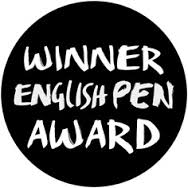 Khomeini, Sade and Me by Abnousse Shalmani received a PEN Translates Award in 2015, among a large number of other
Khomeini, Sade and Me by Abnousse Shalmani received a PEN Translates Award in 2015, among a large number of other 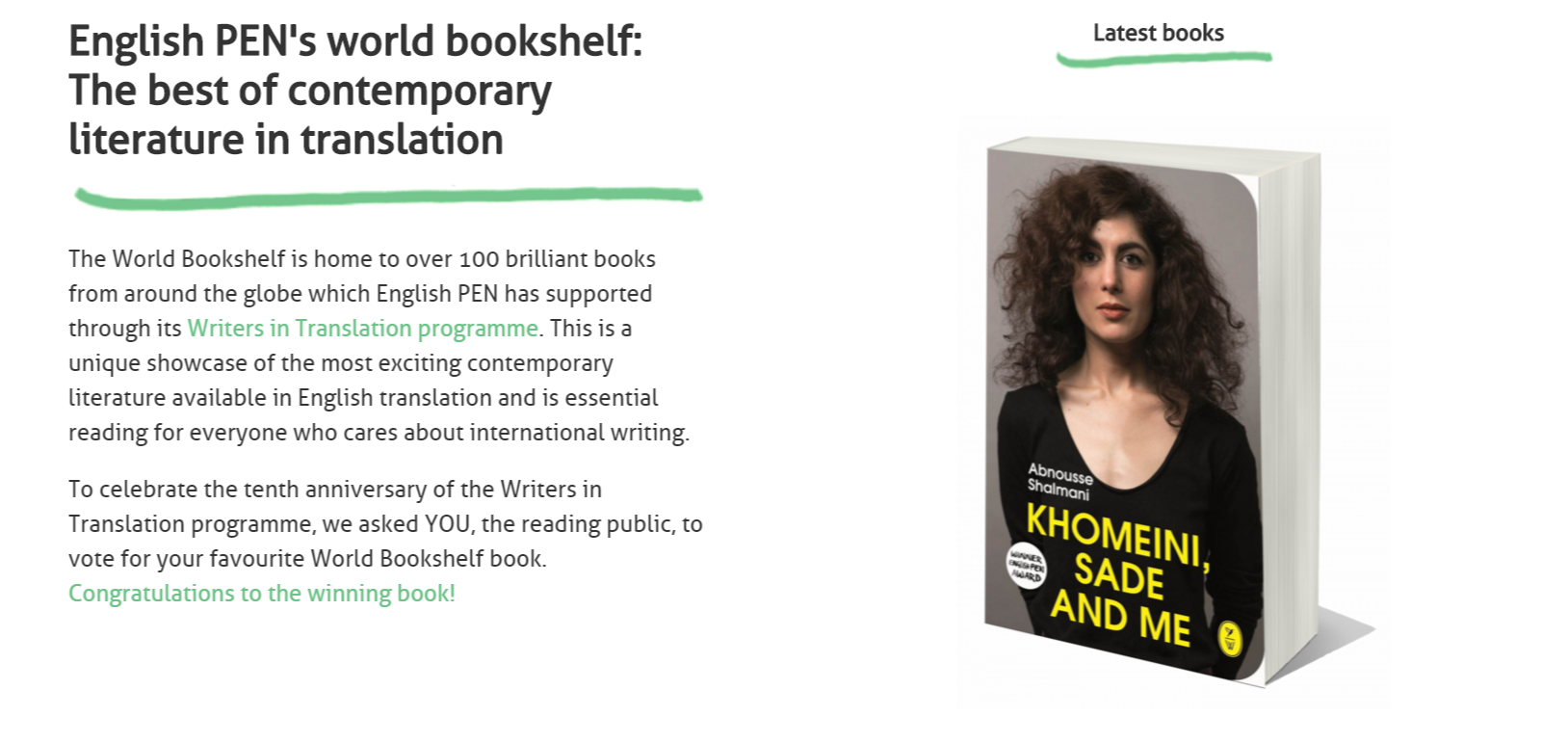
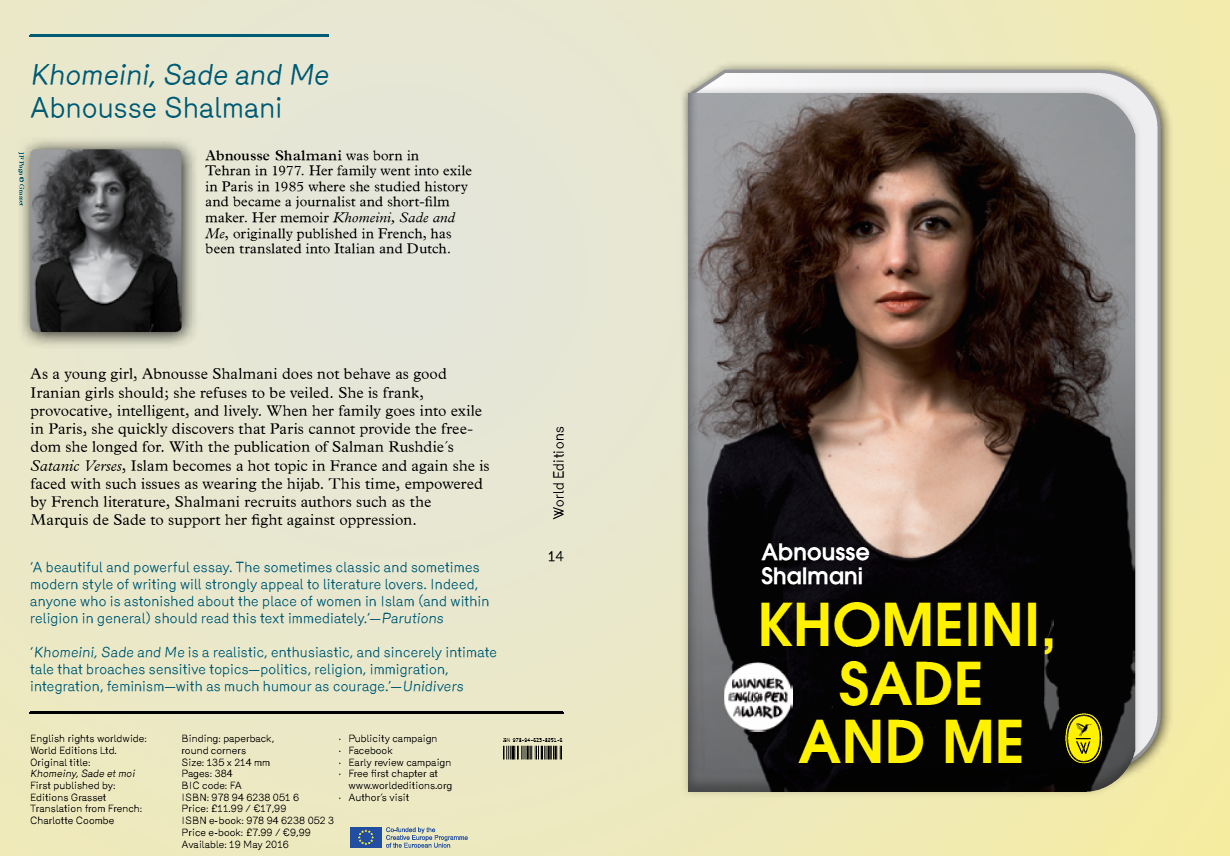
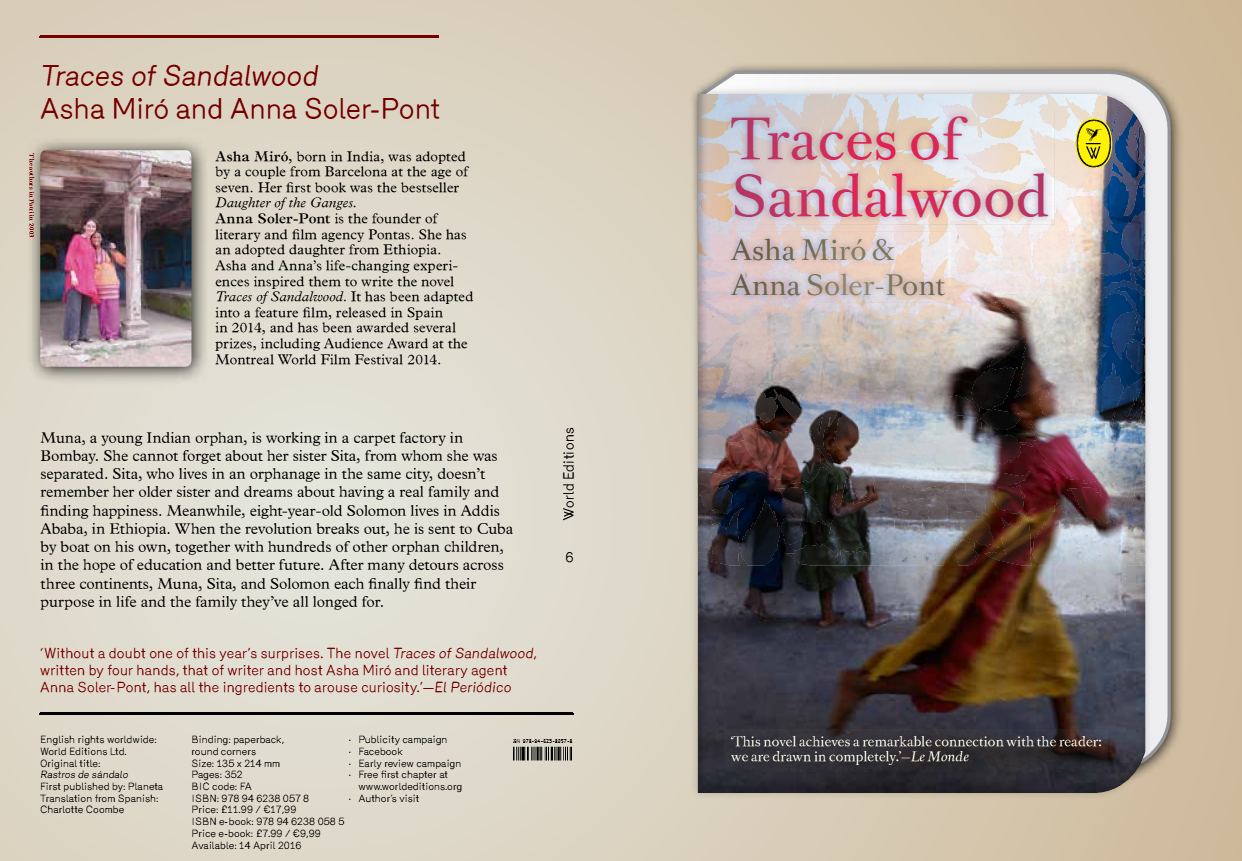






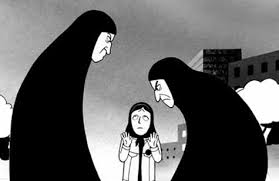 Complying with the demands of the 'Beards' and the 'Crows' seems absurd to her. Her father feels the same way and so to escape the oppression of Khomeiny's regime, the family leaves Iran for Paris in exile. However, Abn
Complying with the demands of the 'Beards' and the 'Crows' seems absurd to her. Her father feels the same way and so to escape the oppression of Khomeiny's regime, the family leaves Iran for Paris in exile. However, Abn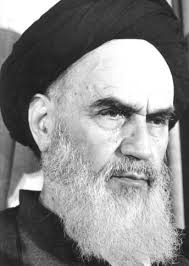 ousse Shalmani discovers that her dreams of freedom are not all they are cracked up to be. Her rebellion is far from over. But this time she arms herself with French literature. The little girl, now a woman, uses the writings of Sade, Victor Hugo and Colette (among others) as her weapons in the fight against oppression in general, and of women's bodies in particular. The story is a blend of personal anecdotes and socio-political events, all told with lively humour.
ousse Shalmani discovers that her dreams of freedom are not all they are cracked up to be. Her rebellion is far from over. But this time she arms herself with French literature. The little girl, now a woman, uses the writings of Sade, Victor Hugo and Colette (among others) as her weapons in the fight against oppression in general, and of women's bodies in particular. The story is a blend of personal anecdotes and socio-political events, all told with lively humour.